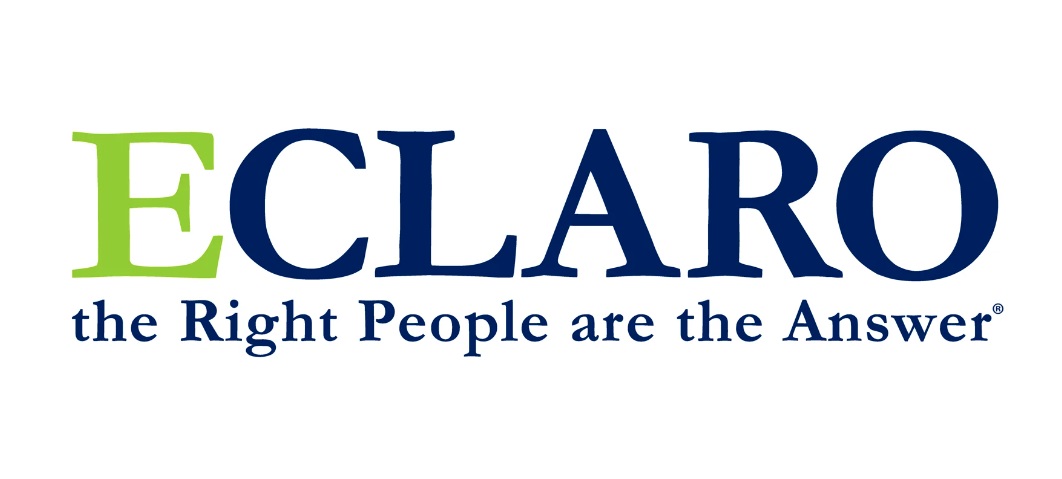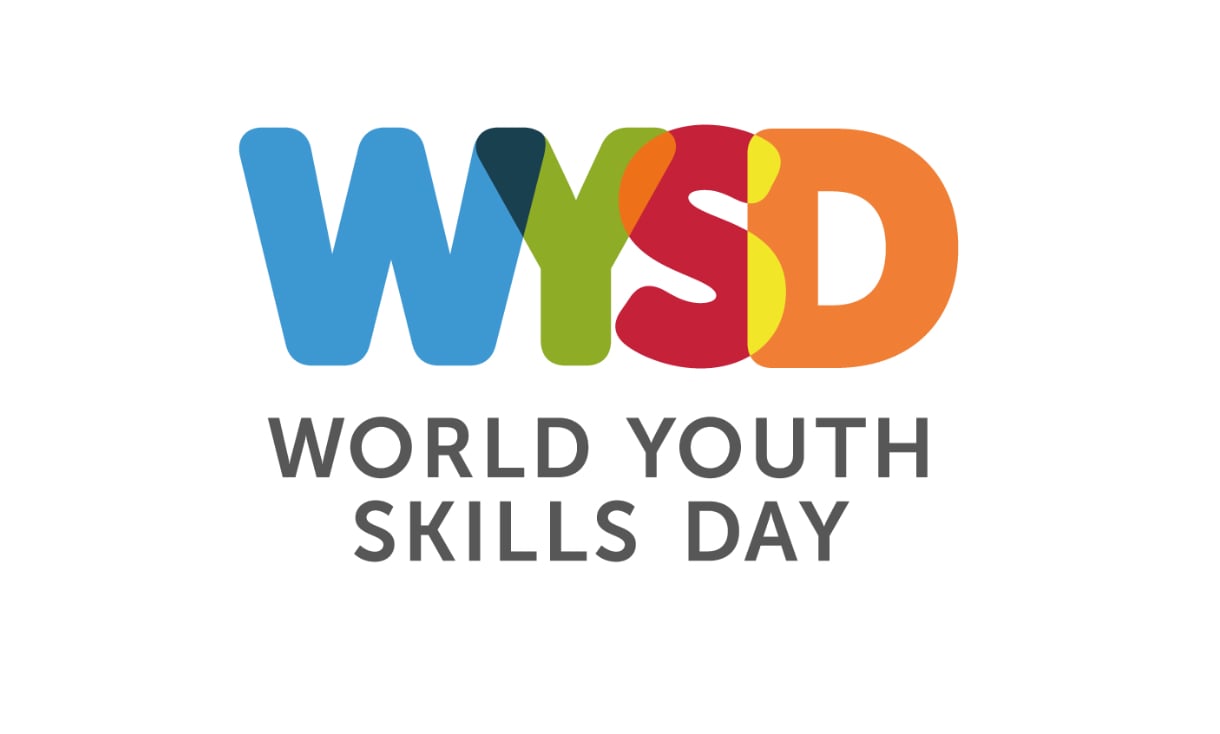It’s never too early to work on developing skills that will help you in the workplace (it’s never too late, either, but that’s a story for another day). That’s a notion we deeply support here at Eclaro, through Eclaro Academy and other efforts, and it’s also an idea that proved strong enough to inspire the United Nations General Assembly to declare July 15 as World Youth Skills Day, to “celebrate the strategic importance of equipping young people with skills for employment, decent work and entrepreneurship.”
“On World Youth Skills Day, let us unite in recognizing the potential of young people as catalysts for change and commit to providing them with the skills and opportunities they need to build a prosperous and sustainable world for all,” the U.N. has stated. “Together, we can shape a brighter future where no young person is left behind.”
Since its declaration in 2014, World Youth Skills Day events have, according to the U.N., “provided a unique opportunity for dialogue between young people, technical and vocational education and training (TVET) institutions, firms, employers’ and workers’ organizations, policy makers and development partners.”
The opportunity to help young people on the road toward success is one that can have an impact like few others. Right here and now, it is one that one of Eclaro’s own is about to embark upon as she shares some essential tips for anyone starting out on their career journey.
“As a recruiter,” says Rhosiel Amorsolo -Directo, Talent Acquisition – Delivery Team Lead, “I would like to tell the young professionals to be mindful on the following things.” Let’s begin.
Always Work on Communication Skills
“This is usually one of the most critical skills in any roles, whether it’s an entry level position or a junior executive role. One should be able to converse and clearly express their thoughts in English well. Having excellent communication skills also is an implied qualification that may not be written on job descriptions. Before one can land a job, a candidate goes through a series of interviews with recruiters and hiring managers, and no matter how skilled you are in your line of work, if you’re not able to convince the interviewers that you have the relevant skills they need for the job during the interview phase, by talking about what you can bring on the table and how you can be a potential solution to their problems, the chance of getting the job is going to be less likely.
“Apart from being conversational, young professionals should also hone their knowledge of ‘business language,’ especially if they are working in specific industries such as Software Engineering, Financial Services, etc. When you are just starting your career, it is always helpful, and advantageous, to learn how to speak in a language that relates to your area of expertise. For example if you are pursuing a career in Insurance, particularly in P&C insurance, there are some terms such as Submissions, Liability, Limits, etc. that may mean one thing in day-to-day transactions but may mean something else in relation to the work that people do in this field. Keeping notes on how you’re able to speak the business language in the field of specialization you want to pursue will always give you an advantage in career opportunities.”
Build Your Professional Network
“This is very helpful, e specially when you’re looking for your next job. If you have already set your eyes on a career path, as a young professional you should always connect with people in that line of work. Joining groups or organizations can bridge you to people who may have a need for your set of skills, and it can also enable you to keep up with the trends in your industry or have access to learning opportunities that can help you upskill. Always maintain a professional presence on all platforms, as these things are usually searchable online.”
Find a Mentor
“When you are still starting your career, it is always helpful to have someone to show you the ropes, or to have someone you want to be in the future to look up to. It is even better if you have connections or access to the people you aspire to be. These people can guide you and give you nuggets of wisdom that can help you get to where you want to be in your career.”
Update Your Resume/CV
“Do this in a way that reflects your key qualifications and highlights your specializations. Your resume is your digital footprint. If you want employers to notice your skills, your resume should contain terms and keywords that are aligned with your target job. Customize your resume depending on what you’d like to highlight and align it to the job you are aiming for.”
Never Stop Learning
“Take advantage of any learning opportunity, whether it is a free course online, a one-on-one training opportunity offered in your team, or a conference sponsored by your company. Take those opportunities to build your skills further. Surround yourself with likeminded professionals and always feed your passion to reach your career goals.”




